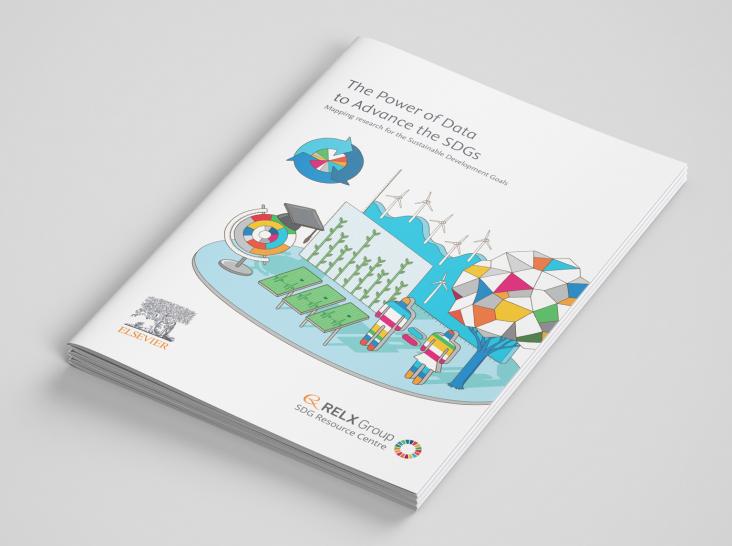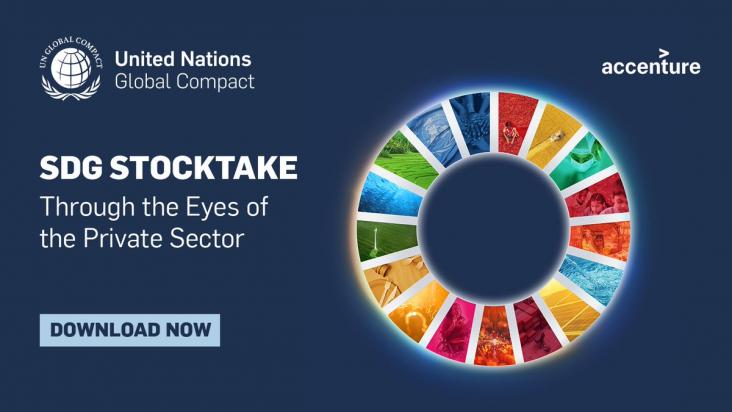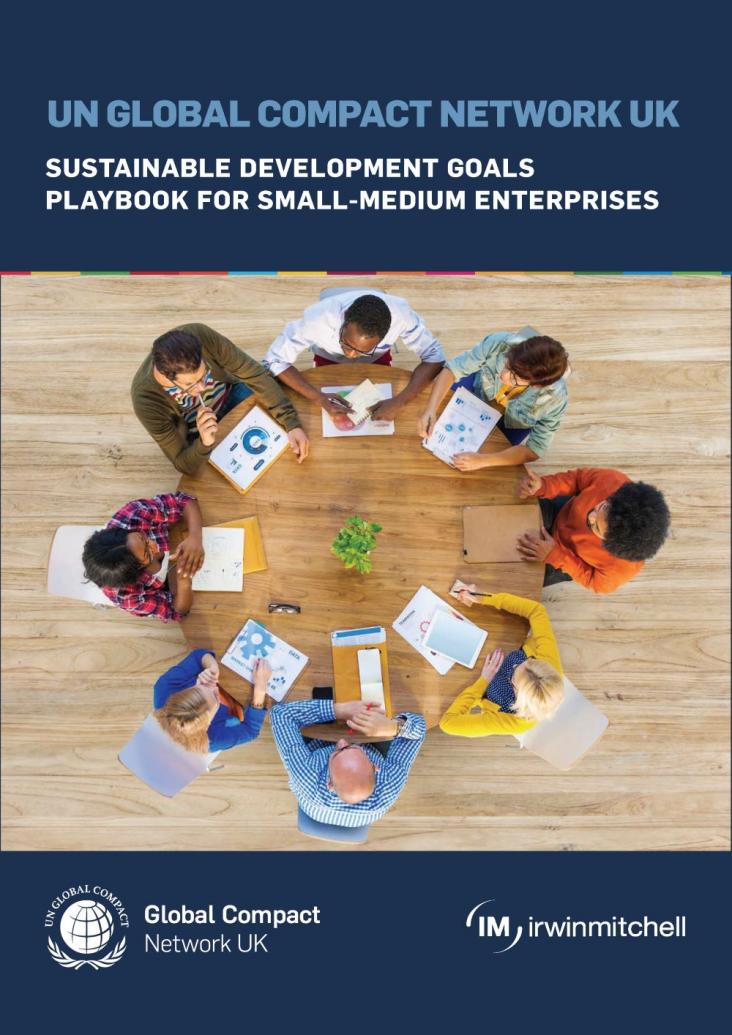
Access to information is critical in achieving the SDGs - empowering the public to make decisions, informing policy making and enabling effective implementation and monitoring. RELX businesses regularly produce and publish free to download reports and analytics that draw upon vast amounts of information and data in support of the SDGs. Explore some of the reports and tools developed to date.
Knowledge of biological diversity is a major source of innovation. Collective intellectual property of traditional knowledge by Indigenous peoples and local communities is an important source of innovation and product development. This article investigates collective intellectual property systems on the traditional knowledge of Aspalathus linearis, also known as rooibos—an endemic plant from South Africa which is the basis of an important herbal tea industry. The article discusses how collective action and self-organization can generate collective intellectual property systems; indigenous peoples and local communities can develop these systems to protect their IP; how these systems can promote social justice and a more equitable distribution of benefits but can be sources of dispute between socio-economic groups and communities and can reproduce historical inequalities and power asymmetries.

The United Nations Global Compact-Accenture Global Private Sector Stock take report report offers an appraisal of private sector contributions to the SDGs so far and outlines a clear pathway for private sector action over the next seven years.

As artificial intelligence (AI) and machine learning become increasingly embedded in recruiting and hiring processes, employers must be aware of the potential discrimination risks these tools can pose. This article relates to SDGs 5, 8, and 10
This One Earth Perspective makes policy recommendations for how global finance institutions can support low-carbon development (SDG 13) in low-income nations (SDG 10) and foster clean economic growth (SDG 8).
Wealthy countries that have benefited from fossil-fueled development have agreed to help low-income countries develop more sustainably (SDG 13). Investment in e.g., clean energy is greatly needed (SDG 7), but this One Earth Research Article shows that low-income countries are seen as 'high risk' and not receiving sufficient investment in clean energy, perpetuating inequality (SDG 10).

The UN Global Compact Network UK, in partnership with Irwin Mitchell, has developed the SDG Playbook for SMEs: a step-by-step guide to help smaller companies unlock the competitive advantages associated with embracing the Sustainable Development Goals.
This paper supports SDG 3 and 8 by examining both the role of working conditions in the development of mental disorders, and what can be done to protect and promote mental health in the workplace.

In The World We Want we explore key themes related to the SDGs: leadership, innovation and youth. Dr. Márcia Balisciano, Global Head of Corporate Responsibility, interviews influencers and thought leaders across disciplines on key topics to achieve the global goals.

